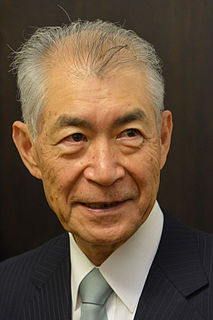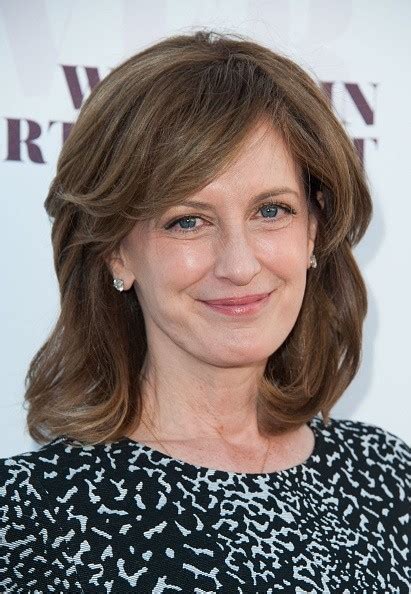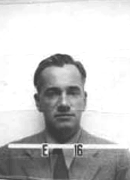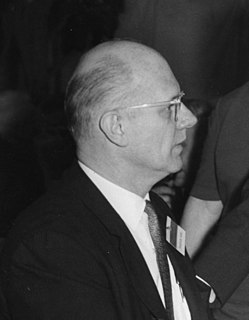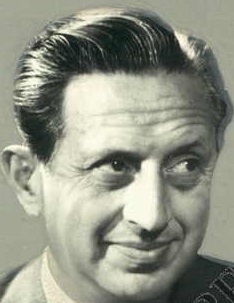A Quote by Tasuku Honjo
To make yourself a good scientist I would say first, you have to have curiosity. If you don't have any curiosity you better choose something else.
Related Quotes
Curiosity is unknown. All adults were once kids and once curious, but as adults you don't remember that and you see curiosity when it's expressed in children as a pathway to household disaster. They're simply exploring their environment, manifesting their curiosity. So what you need to do is create an environment where curiosity is rewarded rather than punished, or thwarted.
Children, be curious. Nothing is worse (I know it) than when curiosity stops. Nothing is more repressive than the repression of curiosity. Curiosity begets love. It weds us to the world. It's part of our perverse, madcap love for this impossible planet we inhabit. People die when curiosity goes. People have to find out, people have to know.
Scientists have one thing in common with children: curiosity. To be a good scientist you must have kept this trait of childhood, and perhaps it is not easy to retain just one trait. A scientist has to be curious like a child; perhaps one can understand that there are other childish features he hasn't grown out of.
Curiosity and irreverence go together. Curiosity cannot exist without the other. Curiosity asks, "Is this true?" "Just because this has always been the way, is the best or right way of life, the best or right religion, political or economic value, morality?" To the questioner, nothing is sacred. He detests dogma, defies any finite definition of morality, rebels against any repression of a free, open search of ideas no matter where they may lead. He is challenging, insulting, agitating, discrediting. He stirs unrest.
I had an indefatigable curiosity about everything. But why should my fate have depended upon that? Why does the curiosity of a child born into the lowest classes have to overcome everything put in his or her way to mute that curiosity, when a child born to parents with access to the advantages of life will have his meager curiosity kindled and nurtured? The unfairness is horrifying when it is properly understood as an unfairness meted out on children, on infants, on babies.
The first 10 years of my life, I lived as 'Matangi.' When I came to England in '86, my first week of school was terrible because I would put my hand up to answer things, and no one would choose me because they couldn't say my name. My auntie came from Europe to visit us, and she was like, 'Just call yourself something else.'
